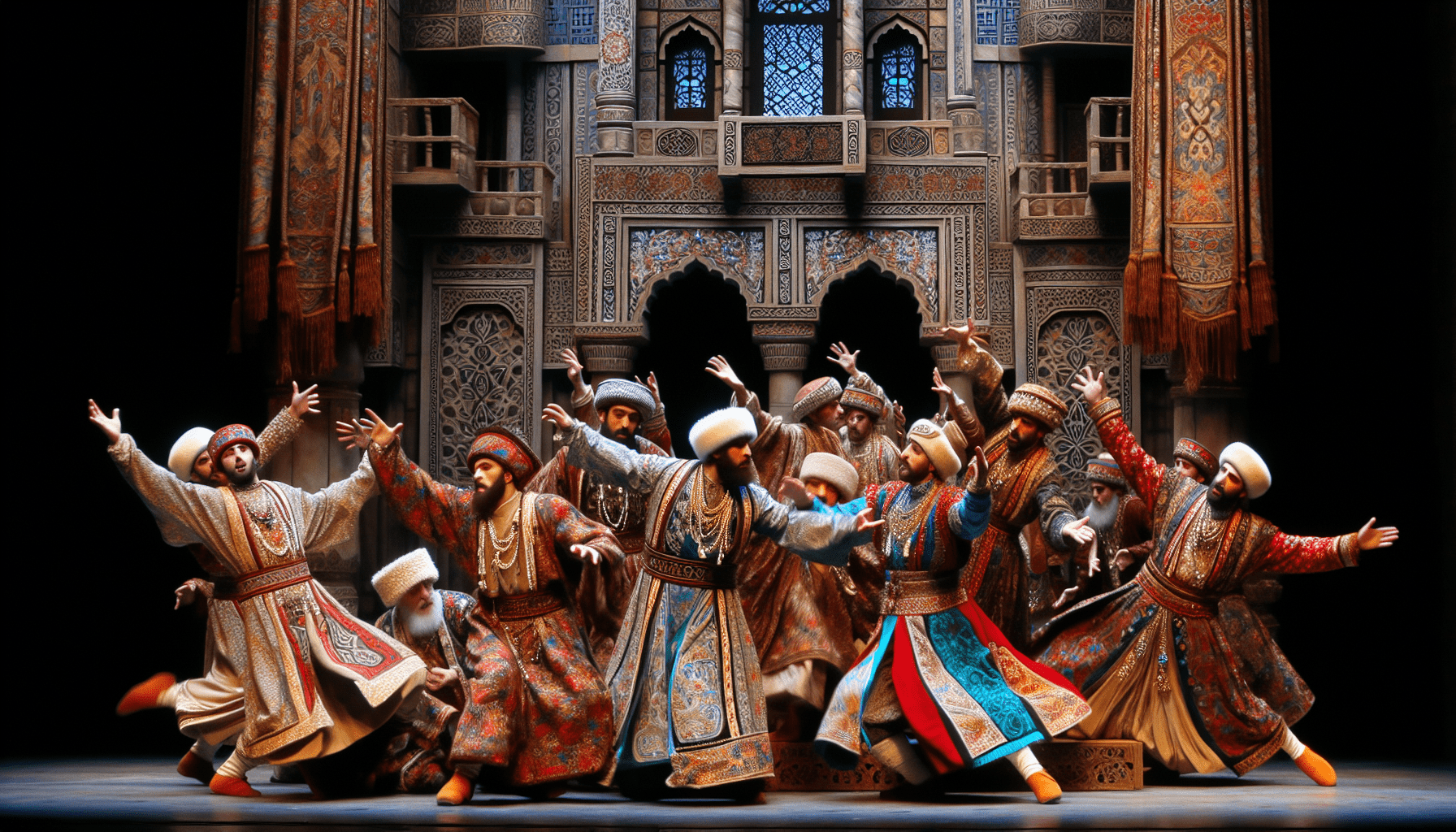Welcome to the fascinating world of Traditional Turkish Theatre! In this article, you will be introduced to the rich history and vibrant cultural traditions of Turkish theatre. From shadow plays to historical dramas, you will discover the diverse forms and themes that have shaped this unique art form. Get ready to be enchanted by the magic of Traditional Turkish Theatre! Have you ever been curious about the rich history and vibrant traditions of traditional Turkish theatre? In this article, you will embark on a journey to discover the fascinating world of Turkish theatre, exploring its roots, major characteristics, performance styles, and significance in Turkish culture. Let’s dive in!

